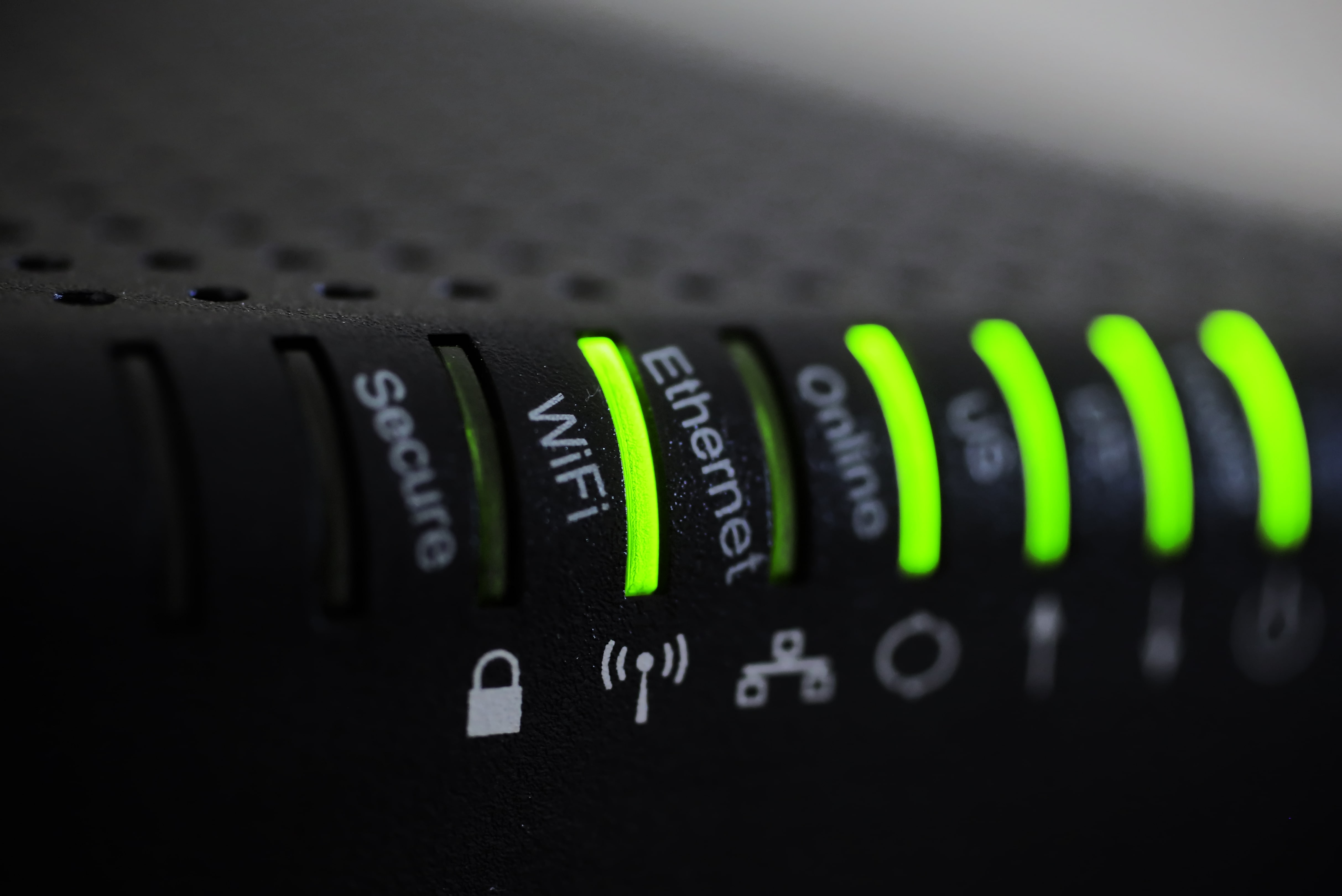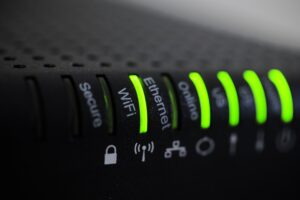We shared the unknown about the router with you.
If you are curious about the differences between a router and a modem, be sure to read this article.

In short, routers are hardware devices that provide secure communication between two networks. The router has two main tasks. It manages traffic between two networks by forwarding data packets to targeted IP addresses. It allows multiple devices to use the same internet connection. LAN, which is the local network, and WLAN, which is the wide area network, are the most used types of routers.
One router may be sufficient for the LAN that connects devices restricted in a certain geographical area. WLAN, on the other hand, requires more than one router as it refers to a network spread over a wide geographical area. Modems used in homes or workplaces can also be assumed as a router. When users search for connection problems during their internet experience, freezes or lags while playing games, and problems with connection speed, they will definitely come across the word router. If you have a brief knowledge of the router, you can find all the things you wonder about these devices in the continuation of the article.

What is Router?
As we briefly mentioned above, the devices that assign you an identity so that you can surf the internet are called routers. By helping you with IP, it is responsible for the device to find the fluent and secure route in network traffic. In this way, data is delivered without any problems. The IP address generated for you by your local network must be assigned to the IPs so you can use and browse the internet. These devices play a role in securely performing this assignment. It is possible with the router to transmit data seamlessly between networks and to determine the path to which the data will be delivered. Routers determine the addresses that incoming packets will reach. Apart from routing incoming data, it also performs the tasks of viewing, translating and examining data packets. Users who cannot provide an Internet connection connect to the router modem and thus access the Internet.
Connection is provided with Ethernet sockets on modems. Other computers connected to the router can access the internet. The router can be used wirelessly or wired. In this way, it enables computers, tablets, phones and other smart devices to access the Internet. Wireless connection with the router can be established via Wi-Fi. Users generally prefer wireless routers to communicate between networks and devices, improve signal quality and expand Wi-Fi area.
How to Use the Router?
Thanks to Routers, which are often confused with modems, data is exchanged between devices. If you were connecting to the Internet with a device, there would be no need for a router, but everyone uses the Internet through computers, phones, tablets and televisions. In other words, almost every technological device in your home needs the internet. That's why you need a router too. The router assigns an IP address to each device. In this way, a different signal is sent for each device. In short, a modem is a device that delivers the internet to you from the internet service provider. A router is a device that assigns different signals to the devices in your home. While the modem assigns a single IP address, the router assigns different IP addresses to different devices. As you can see, modem and router are completely different devices, but they work together.
How does the router work?
We would like to point out that routers are also small computers. The device, which has a processor and memory in it, parses the IP address allocated to you and gives an IP to the devices that make wired and wireless connections to access the internet. If we think that you are browsing through this identity while surfing the internet, 'IP address location detection', which is the subject of movies and TV series, works in this way. Every device has to have an identity to access the internet, and routers help you with this.
Router and modem differences
Modems are structures that process information from internet providers you subscribe to. As we mentioned in our previous article, routers alone are not enough to reach the internet, but thanks to them, you can access the smart devices you use to the internet or provide communication between the local networks you have created. As a common usage in our country, modems are designed and put into use as routers. In this way, you get rid of the confusion of two different devices and gain a simple use.